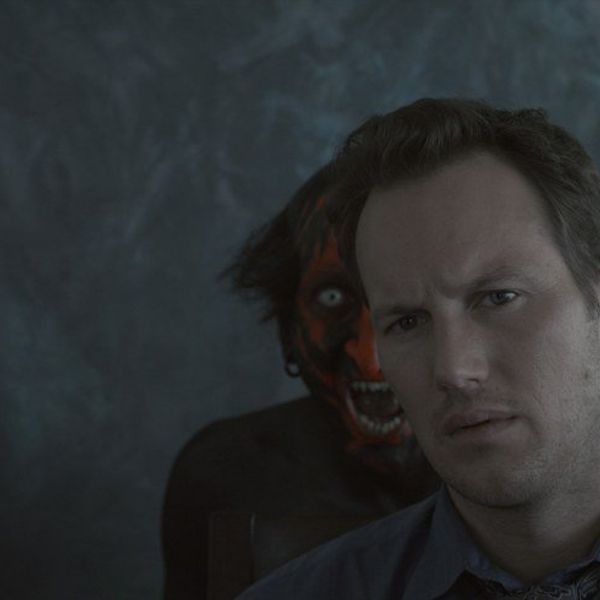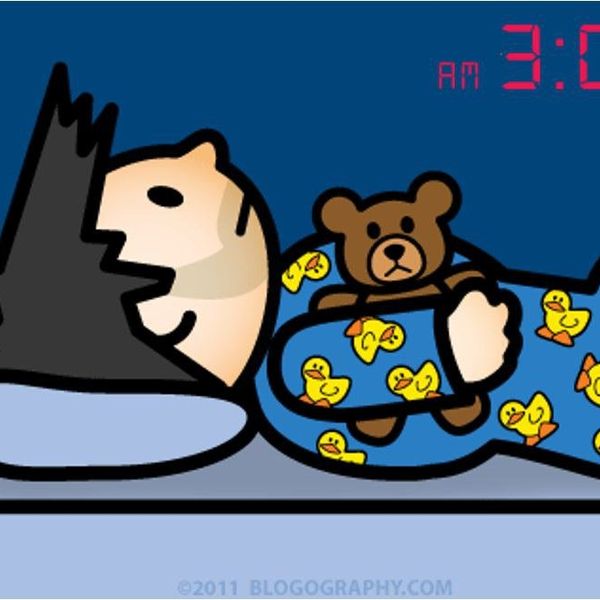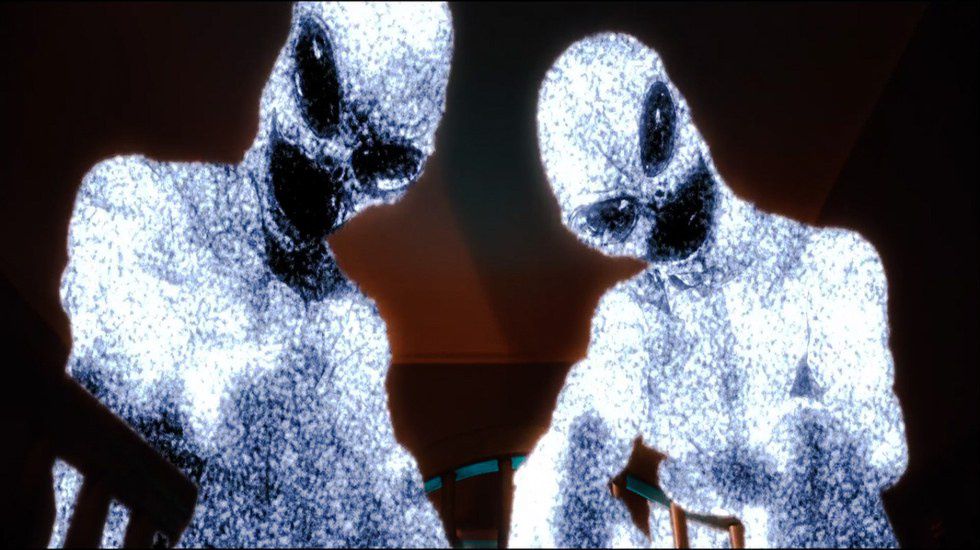When I was very young, I had sleep problems. I had trouble falling and staying asleep and sometimes had lengthy chats with a shadow man who would sometimes appear at my door.
One birthday, my parents got me one of those fascinating spinning lamps that projected cute and colorful fish on my walls, and suddenly late nights with shadow men were a thing of the past. I thought my sleep problems stopped there.
But when I was 13, something kind of weird happened. I was having another one of those nights where nothing I did put me to sleep. Such nights had become pretty scarce, and I no longer used my cute little fish lamp, so it was back to tossing and turning. I was lying on my back when I figured I might as well try sleeping on my side and decided to turn over.
Now this is where it gets weird: I couldn’t turn over. I went to move and I just couldn’t. I realized I couldn’t move at all, not even my fingers or toes. The most I could get was a twitch here and there.
I was thrown into such a panic that I was afraid for a moment that I would suffocate because I couldn’t open my mouth, when I realized, duh, I could breathe through my nose. I knew I wasn’t dreaming, I could remember everything I did that day. I was totally awake. But what was wrong with me? I decided the only thing to do was to put all of my efforts into a huge push and force my body to move. I tried three times before I finally managed to make the body move again. I literally flung myself halfway out of my bed. I crawled back up and, despite what should have been pretty alarming circumstances, went right back to bed and didn’t tell anyone what had happened.
This was the first time I experienced sleep paralysis. Sleep paralysis is a sleep disorder characterized by the momentary inability to move your body despite being completely conscious. It can occur while falling asleep or while waking up. During REM sleep, the mind paralyzes the body so we don’t get up and act out our dreams (this leads to another sleep disorder, sleepwalking). However, with sleep paralysis, this cycle becomes disrupted and the body is paralyzed despite the mind being awake. It’s not fun.
Along with not being able to move, there is a long list of other terrifying side effects. Strangely enough, that first episode I had was extremely mild compared to what I would experience later in life.
During sleep paralysis, your body also thinks you’re still asleep, and thus able to dream. This can cause hallucinations, both visual and auditory. Common hallucinations include seeing a shadowy human or animal-like figure looming over you, or hearing footsteps walk up to the bed. For reasons unexplained, sleep paralysis victims may also experience feeling a heavy weight on their chest, or even the sensation of being choked. Alongside all of these, some may also report feeling an overbearing evil presence in their room. Extreme cases may also include the feeling of being touched, the sensation of being dragged out of bed, falling, or even vibrating.
Henry Fuseli, The Nightmare, 1781. This painting is considered by some to be one of the first depictions of sleep paralysis.
Some believe the myth of alien abduction was created by the hallucinations and sensations that occur during sleep paralysis.
I chose to write about sleep paralysis because when my sleep paralysis started to worsen in high school, I thought I was crazy. I had no idea what was happening to me when I slept. I was hearing noises, I felt like I was being dragged out of bed, and I was afraid to sleep in my own room because I felt like something evil was in there with me. Most of my episodes were accompanied by nightmares. I was terrified of telling my parents because I thought they would think I was crazy. It wasn’t until I saw an article about sleep paralysis describing the symptoms I was having that I finally went to my parents, almost in tears, declaring that I wasn’t insane.
So I sit here listening to "Sleep Paralysis" by Bad Suns as I write this, wondering if tonight it will happen again if tonight I’ll be falling asleep and I’ll suddenly hear a knock at my door, when I know everyone in the house is asleep. If I’ll go to turn towards the door only to find I can’t move.
But if you’re experiencing sleep paralysis, fear not! Take a deep breath in and try not to panic. Twitch your fingers or toes and breathe in deep enough until you’re able to sit up. Rub at your eyes. Punch your pillow a bit just because you can. Go get a glass of water if you feel you need it. Crawl back into bed. Don’t lie on your back. Pull the covers over your head. Before you fall back to sleep, tell yourself you’re not crazy. Because you’re not. You’ve just got a little sleep paralysis.























